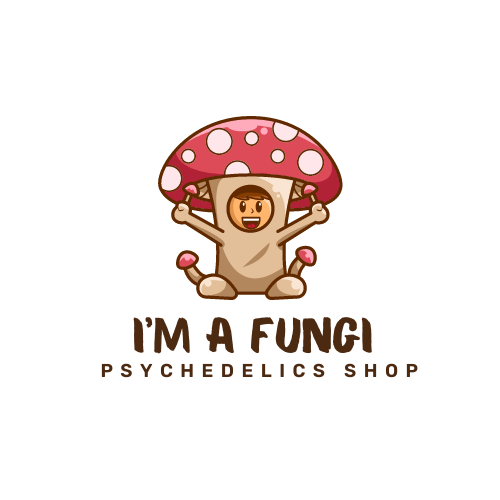BLOG
Ayahuasca: Journey into the Sacred Brew

Introduction
Ayahuasca, often referred to as the “vine of the soul” or “spirit vine,” is a powerful psychoactive brew with deep roots in the indigenous cultures of the Amazon rainforest. This mystical potion, revered for its entheogenic properties, has gained global attention as seekers embark on profound spiritual journeys. This article explores the origins, traditional uses, contemporary practices, and transformative experiences associated with Ayahuasca.
The Roots of Ayahuasca
Ayahuasca’s history is intertwined with the indigenous peoples of the Amazon basin, particularly the Shipibo, Shuar, and Quechua. The brew is a carefully crafted combination of two primary plants: Banisteriopsis caapi, commonly known as Ayahuasca, and the Psychotria viridis bush, which contains the potent psychoactive compound dimethyltryptamine (DMT).
Traditional Uses and Cultural Significance
In indigenous Amazonian cultures, Ayahuasca is regarded as a sacred sacrament, a conduit to the spirit world, and a means of healing. Shamanic rituals involving Ayahuasca have been passed down through generations, addressing physical, psychological, and spiritual ailments. The ceremonial use of Ayahuasca plays a pivotal role in community cohesion, divination, and the quest for profound insights.
The Ayahuasca Experience
Embarking on an Ayahuasca journey is a deeply personal and transformative experience. Participants often describe encounters with vivid visions, encounters with spiritual entities, and a heightened awareness of their inner selves. The brew is believed to facilitate a purging process, both physically and emotionally, providing a cathartic release and a pathway to self-discovery.
Modern Practices and Global Interest
In recent decades, Ayahuasca has transcended its indigenous origins and captured the attention of spiritual seekers, researchers, and individuals seeking alternative forms of healing. Retreat centers offering Ayahuasca ceremonies have proliferated globally, drawing participants from diverse backgrounds. The brew’s popularity is fueled by its potential to address mental health issues, addiction, and existential questions.
Scientific Studies and Therapeutic Potential
The therapeutic potential of Ayahuasca has piqued the interest of the scientific community. Research suggests that the brew may have antidepressant and anxiolytic effects, with ongoing studies exploring its impact on conditions like post-traumatic stress disorder (PTSD) and addiction. The psychedelic experience induced by Ayahuasca is believed to prompt introspection, fostering emotional resilience and psychological well-being.
Challenges and Controversies
Despite its therapeutic promise, Ayahuasca is not without challenges. Cultural appropriation, ethical concerns, and the commodification of indigenous knowledge raise ethical questions. Additionally, the brew’s powerful effects can lead to challenging experiences, emphasizing the importance of proper guidance and integration.
Legal Considerations
The legal status of Ayahuasca varies worldwide, with some countries embracing its use within a traditional context, while others strictly regulate or prohibit it. Navigating the legal landscape is crucial for those interested in participating in Ayahuasca ceremonies.
Conclusion
Ayahuasca’s journey from the heart of the Amazon to global consciousness reflects humanity’s enduring quest for spiritual exploration and healing. Whether approached through traditional rituals or modern practices, the vine of the soul continues to captivate and inspire, offering a profound avenue for self-discovery, healing, and connection to the mysteries of existence. As interest in Ayahuasca grows, responsible and respectful engagement becomes paramount, ensuring the preservation of its sacred essence.
